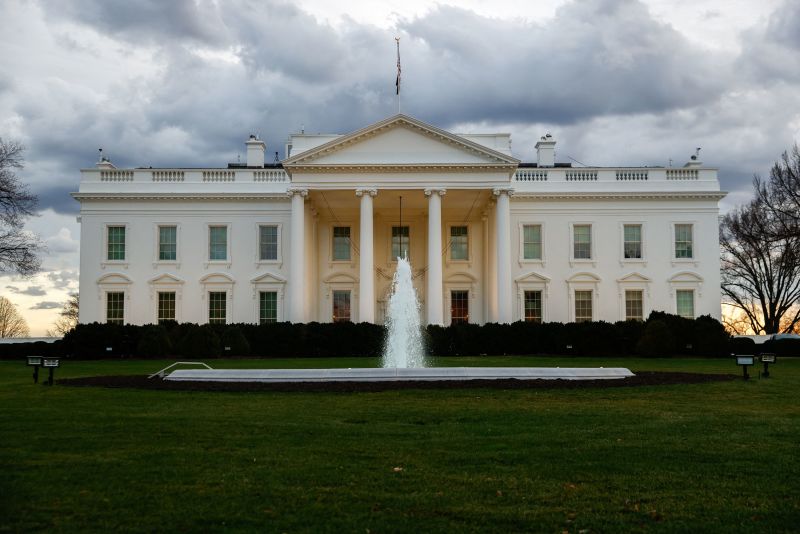
Allegations Against UNRWA Employees in Gaza

Allegations of UNRWA employees' involvement in the October 7 attack on Israel have sparked controversy and led to significant repercussions. The claims, made by Israel, have raised questions about the relationship between UNRWA and militant groups in Gaza, prompting an investigation and global concern. Here's a comprehensive overview of the allegations, responses, and the impact on humanitarian relief efforts in the region.
The Allegations
The allegations made by Israel against 13 employees of the United Nations Relief and Works Agency for Palestine Refugees in the Near East (UNRWA) have brought to light a complex and contentious issue. According to Israeli sources, these employees were associated with the October 7 attack on Israel, with claims of varying degrees of involvement in the incident. From alleged participation in kidnapping to logistical support, the accusations have cast a shadow over the humanitarian agency's operations in Gaza.
The White House on January 26, 2024.
The summary of intelligence shared with CNN by an Israeli official outlines the specific roles attributed to the UNRWA employees, including their purported affiliations with militant groups such as Hamas and Palestinian Islamic Jihad. These claims have raised concerns about the integrity of the agency's personnel and their potential connections to armed activities in the region. However, it is important to note that CNN has not been able to independently verify the evidence underlying these allegations, and the summary does not provide concrete proof to substantiate the claims.
Furthermore, Israel's assertion that certain UNRWA employees infiltrated Israel as part of the attack and were involved in hostile activities has heightened the gravity of the allegations. The details of these claims, including the alleged involvement of UNRWA staff in the kidnapping of Israelis and their purported receipt of instructions to equip with weapons, have brought the issue to the forefront of international scrutiny.
Responses and Repercussions
In response to the allegations, the United Nations and UNRWA have emphasized the need for thorough investigation and due process. The UN Secretary General's spokesperson, Stephane Dujarric, stated that the UN had not received the dossier containing the allegations, highlighting the importance of a comprehensive and transparent review process to address the claims against UNRWA employees.
Significantly, UNRWA has taken immediate action in light of the allegations, terminating the employment of several staff members and initiating an internal investigation. The agency's commitment to accountability and transparency has been underscored by the dismissal of implicated employees and the pursuit of an independent review by the UN's Office of Internal Oversight Services.
Moreover, the fallout from the allegations has extended beyond the internal operations of UNRWA, impacting the agency's funding and support. Several top donor countries, including the US, Germany, and the UK, have halted funding to UNRWA, citing concerns raised by the allegations. This has raised alarm about the potential humanitarian crisis resulting from funding shortages, with warnings of severe repercussions for the millions of people reliant on UNRWA's assistance in Gaza.
Impact on Humanitarian Relief and Global Concern
The allegations against UNRWA employees and the subsequent repercussions have reverberated beyond the immediate context of the October 7 attack, raising broader concerns about humanitarian relief efforts in Gaza. With critical funding streams jeopardized by the fallout from the allegations, UNRWA faces the risk of financial strain that could severely impact its ability to provide essential services to millions of Palestinians in Gaza.
The global response to the situation has underscored the significance of maintaining humanitarian support in the region, with warnings about the potential consequences of funding suspensions for UNRWA's operations. As the controversy surrounding the allegations persists, world leaders have voiced apprehension about the impact on the Gaza population, highlighting the urgent need to safeguard humanitarian relief efforts amidst the escalating tensions in the region.
In the midst of these developments, the escalating conflict between Israel and Gaza has further compounded the challenges facing UNRWA and the broader humanitarian landscape. The mounting death toll and the deteriorating conditions in Gaza have intensified the urgency of addressing the humanitarian crisis, emphasizing the imperative of sustaining support for UNRWA's vital relief initiatives in the region.














